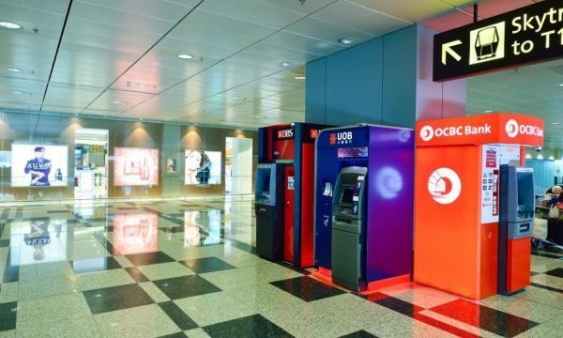
Coronavirus outbreak to drag on Singapore banks' loan growth, earnings
Asset quality could weaken if the outbreak would continue to persist in the coming months.
Banks in Singapore are likely to suffer weaker loan growth and more volatile earnings as the coronavirus outbreak slows economic activity, reports S&P Global Ratings. But the banks’ good capital buffers are sufficiently equipped to cope protracted with the immediate negative impact.
S&P Global Ratings credit analyst Ivan Tan noted that the coronavirus outbreak will drag on Singapore’s business and consumer confidence, leading to depressed credit demand. In particular, the retail and tourism sectors are slated to be the most vulnerable sectors.
Also read: Singapore's economy likely to be amongst the worst-hit by Wuhan virus
The virus outbreak will likely hurt tourist numbers and drag on the hospitality, tourism, and airline sectors in Singapore, as Chinese visitors account for about one-fifth of total visitors to Singapore. Retail malls, especially in popular tourist shopping belts, could also be affected.
These, in turn, will hurt consumption spending and loan growth for Singapore banks, and adds to the effects of ongoing trade tensions.
“We estimate that the transport and general commercial sectors respectively account for about 4% and 10% of Singapore's domestic loans. This is meaningful exposure, but we believe the impact to banks in the short term will be manageable given their healthy profit levels and financial strength,” said Tan.
If the outbreak stretched beyond a few months, the second-order impact would be more challenging. Job losses in the tourism and general commercial sectors would cascade to higher delinquencies on credit card receivables and, to a lesser extent, residential mortgage portfolios. This would have a wider impact on asset quality.
The Singapore government has announced that it will provide targeted help to the transport and tourism sectors, which are directly affected by the virus.
S&P believes that the package could be similar to those implemented during the 2003 SARS outbreak, which included property tax rebates, reduction in the foreign-worker levy, and the easing of working capital through temporary bridging loans. Such measures would reduce the risks of business insolvencies and retrenchments.






















 Advertise
Advertise








